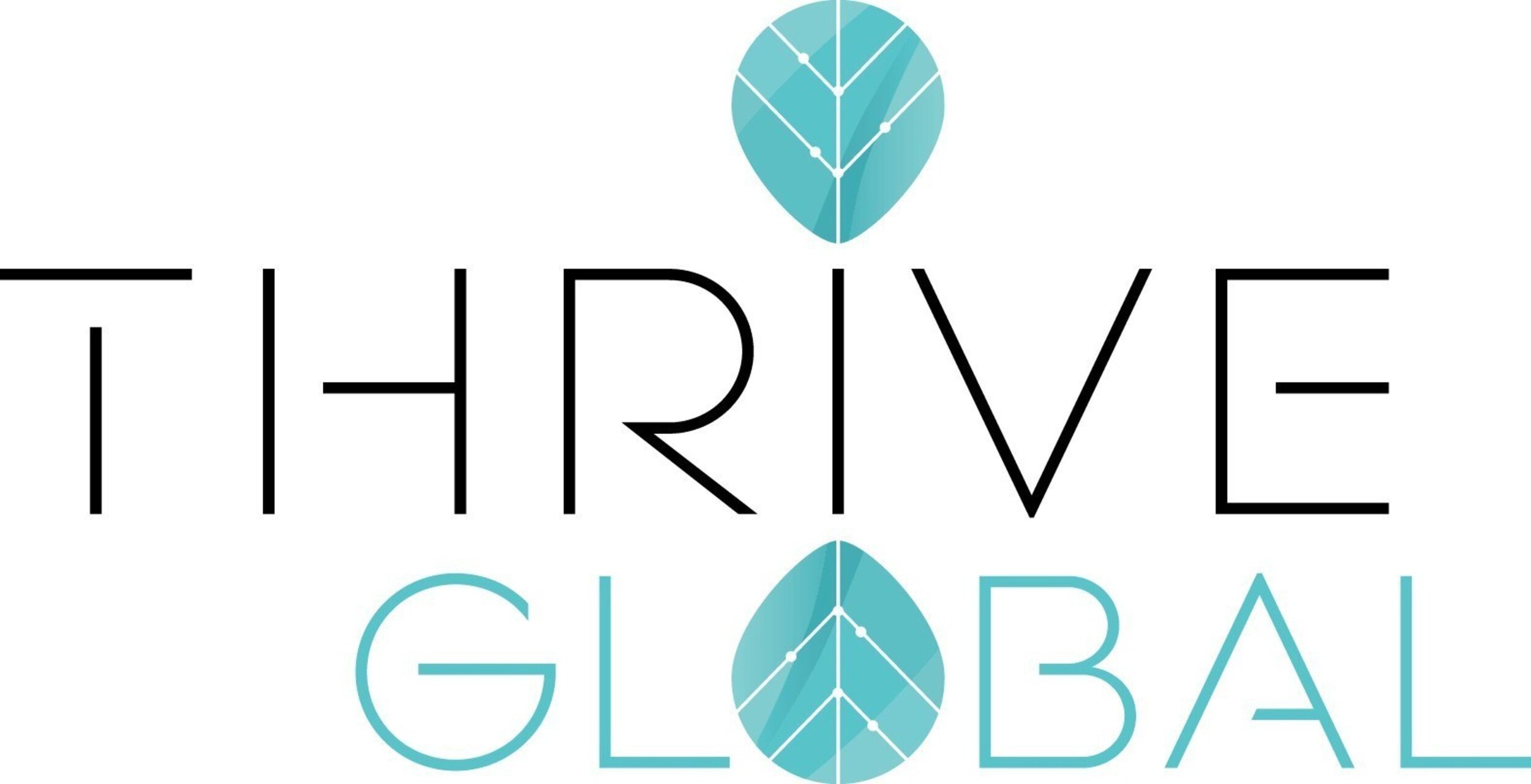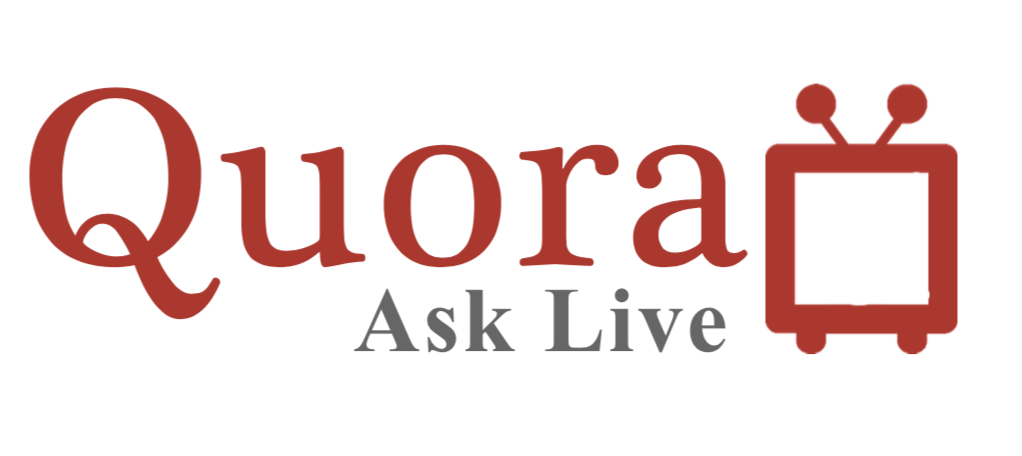…What are the qualities that we find universally attractive in the workplace, regardless of the role? “Independent thinker,” “problem solver,” and “proactive” are three qualities you can find listed in virtually any job description, regardless of the role. And it makes sense, doesn’t it? As an employer, you want to hire people who come across as competent self-starters—no matter what tasks they need to perform. And as employees, we all want to be seen that way by our employer.
Forbes posts Leadership Strategy article "A Smart 5-Step Strategy To Ask For Help"
Carmine Gallo Senior Contributor for Forbes dives into the topic of asking for help in the time of a pandemic and why this topic is so important now to leaders.
“I think there is good reason to believe that people will want to help others now more than ever,” Baker says.
The article offers a look at the five-step strategy, the SMART way to ask for help.
Nurse Marketing | The Business of Nursing Podcast | Wayne Baker
Wayne discusses obstacles that healthcare workers face in overcoming the fear of asking for help and compassion fatigue with host and registered nurse, Amelia Roberts.
“Asking is a habit which means it’s something that can be learned. And it's learned by education and practice, the education part is to realize what commonly makes us reluctant to ask, like, we think no one can help, or that we're going to appear to be incompetent, or we want to just rely on ourselves anyway, to realize that if you can overcome those barriers, then you can be more productive, more efficient and less likely to suffer burnout.” - Dr. Wayne Baker
Investor's Daily Publishes 'Ask For Help The Right Way — And Get It'
This article dives into the heart of Dr. Baker’s research and ‘All You Have to Do Is Ask’ highlights these main points:
Signal It's A Two-Way Street
Convey Confidence When You Ask For Help
State Importance And Time Frame
Ask For Help: Don't Assume
Provide Options
Present Corroborating Evidence
Close The Distance Of The Ask
The Economist Interviews Dr. Baker in New Article "Learning How to Ask Effectively"
The one skill in your toolkit that you may be overlooking, asking. Why are people hesitant to use this skill? How can you develop it and know when to use it? …The article also focuses on how the practice and skill of asking is a component of teamwork and how this needs to be built into company culture.
Brooklyn Digest | Books: On How To Improve Personally & Professionally
It's always a good time to read books on how to improve yourself, and that is especially true now in these tough times. Three books to help make the most of your time at home during the Coronavirus pandemic are: Resilient, by Rick Hanson, Ph.D.; All You Have To Do Is Ask, by Dr. Wayne Baker; and Let It Go, by Peter Walsh.
New York Post | Want to succeed? Never be afraid to ask questions
Wayne Baker contributes to New York Post article to help workers overcome the fear associated with asking for help
“Our research shows that 70 to 90 percent of help is given in response to people who ask for it. But you have to ask for it.”
“No matter how smart someone is, they are never as smart as a whole group of people,”
-Wayne Baker.
Thrive Global | Why You Should Always Ask For Help, Even if You Don’t Think You Need it
“You never know what people know—or who they know—until you ask.”
Wayne Baker contributes to the Wisdom section of Thrive Global in this informative story all about asking.
Wayne Baker Answers Questions about Asking in Quora Session
Wayne Baker, author of All You Have to Do Is Ask answers questions on Quora about asking in this live session on February 18, 2020. Below are a few of the questions that are answered in detail.
What are the main barriers to asking for what you need—and how can I overcome them?
As an old aged person what's your best advice for a person who is in his 20s?
How can introverts ask questions boldly?
What should I never ask?
Why is asking the key to generosity?
Is it possible to be too generous?
Will automation lead to loss of jobs?
How do I figure out what to ask for?
Why is it important for a business to create a culture of generosity?
Can technology help to create a culture of generosity?
Ask and Thou Will Succeed | Wayne Baker Contributes to Seattle PI
“It’s critical to understand that help rarely arrives un-asked for,” according to Wayne Baker, author of All You Have to Do is Ask: How to Master the Most Important Skill for Success. “In fact, studies have shown that as much as 90 percent of the help that is provided in the workplace occurs only after requests for help are made.” And research shows that people who regularly seek advice and help from knowledgeable colleagues are actually rated more favorably by supervisors than those who never seek advice and help.
It’s also critical to normalize mistakes. According to Baker, in the start-up world of high-tech companies, there is often the mantra of “fail fast.” The focus is on normalizing mistakes and viewing iteration as a necessity for continuous learning.
Many companies are looking for models to encourage asking questions and have adopted Reciprocity Rings, which are dynamic group exercises focused on the “pay-it-forward” principle. This enables people to get the information they need and solve problems, while energizing the group and creating stronger, more trusting relationships.
Forbes Covers Wayne's Research and Widespread Reciprocity Ring Experiment Launched by Daniel Pink
Bestselling author and speaker Daniel Pink just launched a free online “Reciprocity Ring” for his 170,000 newsletter subscribers.
His three goals are-
To make it easy to ask for help or to be a giver in just a few minutes;
To tap the collective intelligence of newsletter subscribers and enhance the value of their subscription;
To unleash an epidemic of generosity.
“Givitas says science confirms that engagement, loyalty, productivity, efficiency, and even profitability are all outcomes of creating a generous culture where people have equal access to one another. Collaborative, connected, generous groups outperform others in terms of employee and customer satisfaction, retention, and overall business performance.”
Small Business Trends Reviews 'All You Have to Do Is Ask'
A book review entitled “Need Help in Your Business? Read All You Have to Do is Ask” by Ivana Taylor of Small Business Trends
“And since we’ve already established that you aren’t likely to ask for help, why not get a book to help you?”
Business Insider and Wayne Baker Debunk The 2 Big Myths About Asking For Help
Science agrees you should stop being afraid to ask for help. An expert debunks 2 big myths about why people don't.
Business Insider reflects on ‘All You Have to Do Is Ask,’ by Wayne Baker in a recent article and highlights major ideas from the book.
“Asking for help is something that everyone struggles with. One way to overcome this reluctance is to understand two common beliefs about asking and then to update these beliefs based on evidence from research…”
1) We underestimate other people's willingness and ability to help
2) We perceive there to be social costs of seeking help
UM Ross, Thought In Action, Covers Insight From Baker's New Book
The University of Michigan, Ross School of Business recently interviewed Wayne Baker, author of All You Have to Do Is Ask on concepts and research from his new book. Highlights from the article are as follows:
What does research tell us about the power of seeking help?
How can a network of giving and receiving get us the answers or resources we need?
Why can it be so difficult to ask for help?
How can we change our attitude from “asking for help is a bad idea” to “asking for help is essential to success”?
What can managers do to encourage asking for help?
'All You Have to Do Is Ask' makes Adam Grant's Top 20 Books to Read in 2020
20 Outstanding Business Leadership Books You Should Read in 2020, Selected by Adam Grant
Adam Grant highlights his top picks for new books “that have the potential to have a lasting impact on your thoughts and actions.” His list features five categories: problem-solving, relationships, rhythms of work and life, identity and happiness, and lastly memoirs and autobiographies that follow suit.
“Who better than a leading organizational psychologist, award-winning podcast host, and bestselling author to recommend some of this year's best books? That's why, for the past few years, he's shared a list of upcoming books he feels have the potential to make a real difference in how you think and act.”
- Jeff Haden Contributing editor, Inc Magazine, citing All You Have to Do Is Ask among the top books from Adam’s list
Success Magazine Names 'All You Have to Do Is Ask' in Top 6 Books for Personal Growth
Success.com lists 'All You Have to Do Is Ask' among “6 Books That Will Help You Focus on Your Personal Growth” in 2020.
The Economist Publishes Expertise from Dr. Wayne Baker on Asking For Help
All You Have To Do Is Ask, Author Wayne Baker | Published Article in The Economist
Topics from the book ‘All You Have To Do Is Ask’ take center stage in The Economist Intelligence Unit “THE VALUE BETWEEN US - The role of social bonds in business success. The article and published report dive deep into the topic of asking and creating a culture of psychological safety in the workplace.
“Social capital is not just the flow of knowledge and information.It involves the transfer of emotions and energy.”
“Firms must also fight reluctance to seek help. “People fear being perceived as incompetent, weak or lazy,” says Mr Baker, but the opposite is true. If you make an intelligent request, people will perceive you to be more competent.
One tactic is to implement structures that normalize the process of asking—and giving—such as a “reciprocity ring”. This is a group exercise in which individuals request help on specific issues, and other participants commit to tap their knowledge, wisdom or networks. It can be a one-time exercise or a regular, structured process. Another example is a “daily stand-up” in which employees say what they are working on and where they need help. “A manager who institutes these is creating conditions by which people will create and use social capital. Over time, as they see it work, people will ask for bigger things.”
Job Performance Rankings Don’t Have to Kill Cooperation
Research by Professor Wayne Baker shows how your company can avoid the pitfalls.




















